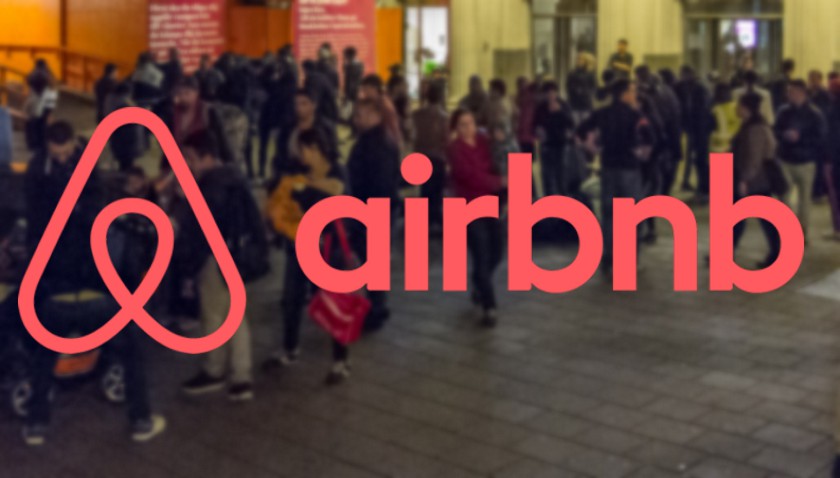Airbnb, a vacation home rental site, is offering free temporary housing to around 20,000 Afghan refugees across the world, the company announced Tuesday.
“As tens of thousands of Afghan refugees resettle around the world, where they stay will be the first chapter in their new lives,” Airbnb CEO and co-founder Brian Chesky said in a statement. “For these 20,000 refugees, my hope is that the Airbnb community will provide them with not only a safe place to rest and start over, but also a warm welcome home.”
Around 3.5 million people living in Afghanistan have been displaced, including around 270,000 due to Taliban advances since January, the U.N. reported on July 13. Around 10,400 people were evacuated by U.S. military flights from Afghanistan Sunday and another 6,660 were taken Monday, according to the Associated Press.
Read the full story











